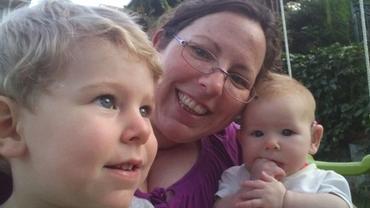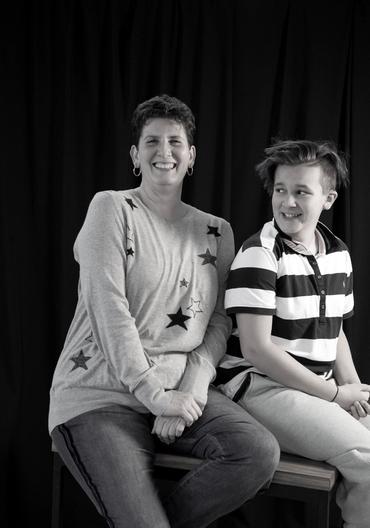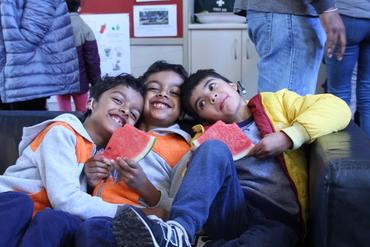Fact checks
Here are some some facts and figures to help combat misinformation that can be found on the internet.
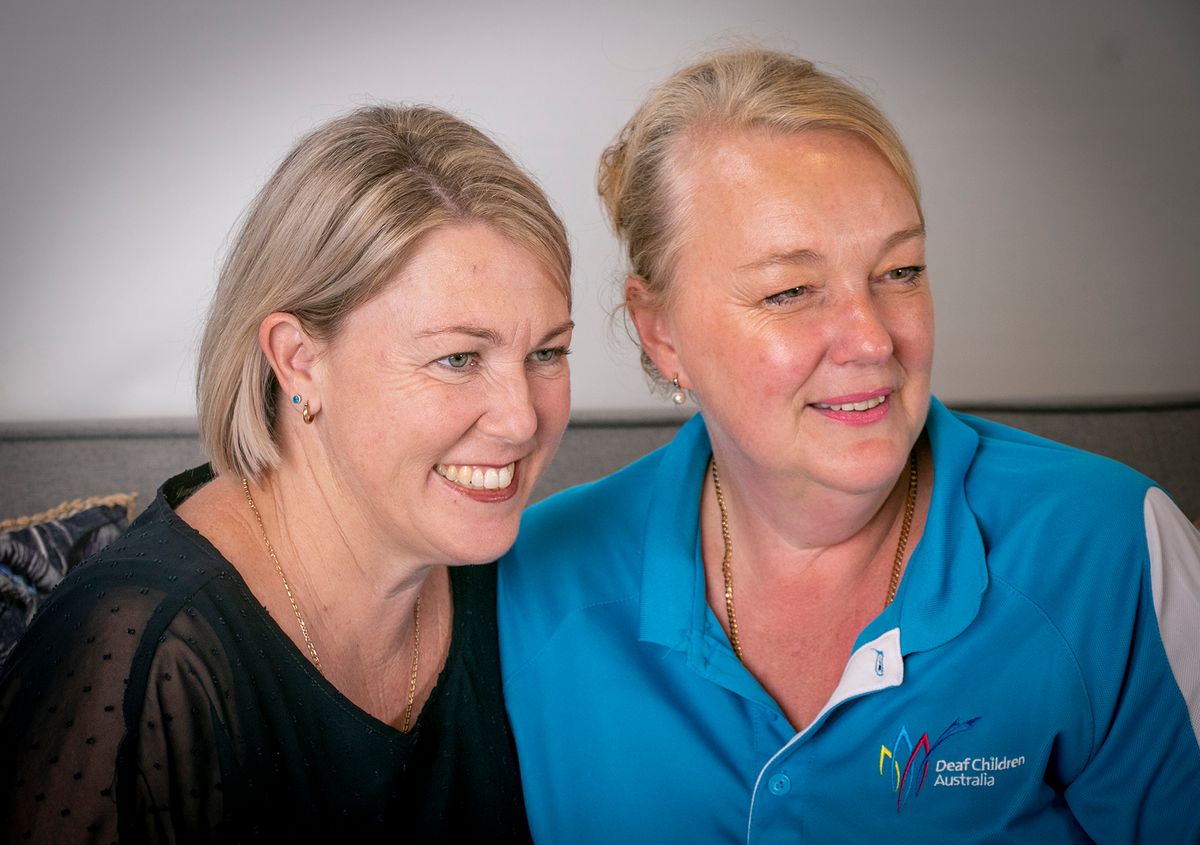
The world can be a scary place. The Internet, even scarier. It never fails to amaze how quickly you can go down a rabbit hole of information (or misinformation) that leads to thinking the absolute worst.
We wanted to bust some classic misconceptions you might see on The Internet and give you the necessary information to put your mind at ease.
- My child will miss out on making friends.
- Really? There are a number of community groups that specialise in social activities for kids and parents to help them grow their social skills. Why not visit our Meet up pages to find some in your area.
- My child will be bullied.
- As well as community groups, schools are better equipped than ever to help kids who need it. Kids learn the foundations of being good adults when they’re young and being exposed to other kids of all different walks of life helps them be more accepting of everyone’s unique situation.
- My child won’t be able to get a good job
- There is a growing trend in inclusivity in workplaces ensuring representation across all walks of life. Not only that, by giving your child access to the right resources growing up, you’ll be able to ensure they’re undeniable to employers. But don’t just listen to us, watch some stories from people living with deafness talk about the careers they’ve chosen.
- Don't bother learning sign language
- Why? Who amongst us doesn’t wish that they’d learned another language at school? Learning sign language simply gives your child options and who doesn’t want those? Studies have shown that kids pick up languages 5 times faster than adults and that learning a new language can activate parts of your brain that would otherwise go unused. So what are you waiting for? Visit our page on Auslan to learn more.
- My child won’t be able to attend a mainstream school
- While there are specialist schools available, mainstream schools are also well resourced to help give your child what they need to help them along. See our helpful links and resources about choosing a school for your child.
There is so much support actually out there for you and also that it is never going to be as bad as what you thought it was going to be having a child with hearing loss.
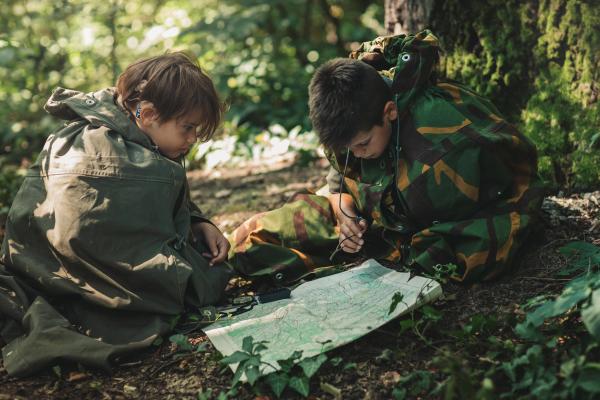
- According to the World Health Organisation, hearing loss is the most common disability in new born children worldwide.
- In Australia, three to six children in every thousand have some degree of hearing loss.
- Approximately 250–400 children born each year have significant permanent hearing loss in both ears. Permanent hearing loss is where the hearing threshold (or hearing level) is more than 40dB and where this threshold is permanent.
- More than 11,000 Australian children under the age of 17 years are fitted with hearing aids or a cochlear implant.
- Each year approximately 1300–1500 Australian children under 17 years are fitted with hearing aids for the first time. Of these children 36% are under the age of four.
- Research has shown that early diagnosis and early intervention do make a difference. Babies who are diagnosed early and start wearing hearing aids and attending early intervention services by six months of age have better language and learning outcomes than those who begin late.
- Young babies can start to communicate their needs using sign language even before they can talk. Many families whose child has a hearing loss learn to sign to their child.
- Auslan is the name of the sign language used in Australia. It is a complete language in its own right, capable of all the functions of any other language.
- Young children learn sign language at the same time and pace as any other language.
- Typically, the main priority for parents is to communicate with their child by whatever means that suits their child and family best. Parents will need to make decisions about such matters as using sign language, fitting a hearing aid or the child having a cochlear implant.
- One of the main impacts of hearing loss is on the individual’s ability to communicate with others. Spoken language development is often delayed in children with unaddressed hearing loss.
- If left untreated, hearing loss and ear disease can affect a child's learning and development.
- For adolescents who are hard of hearing or deaf, inclusion is essential during a time of rapid physical, cognitive and social change, when identity is developed. Communication and access to information are essential, especially regarding the social world and in preparing for adulthood and further study, trade training or direct entry into the workforce. (Roadmap for Hearing Health, 2019).
- Ear disease and hearing loss can impact on development, ability to communicate, education, social wellbeing and economic independence.

